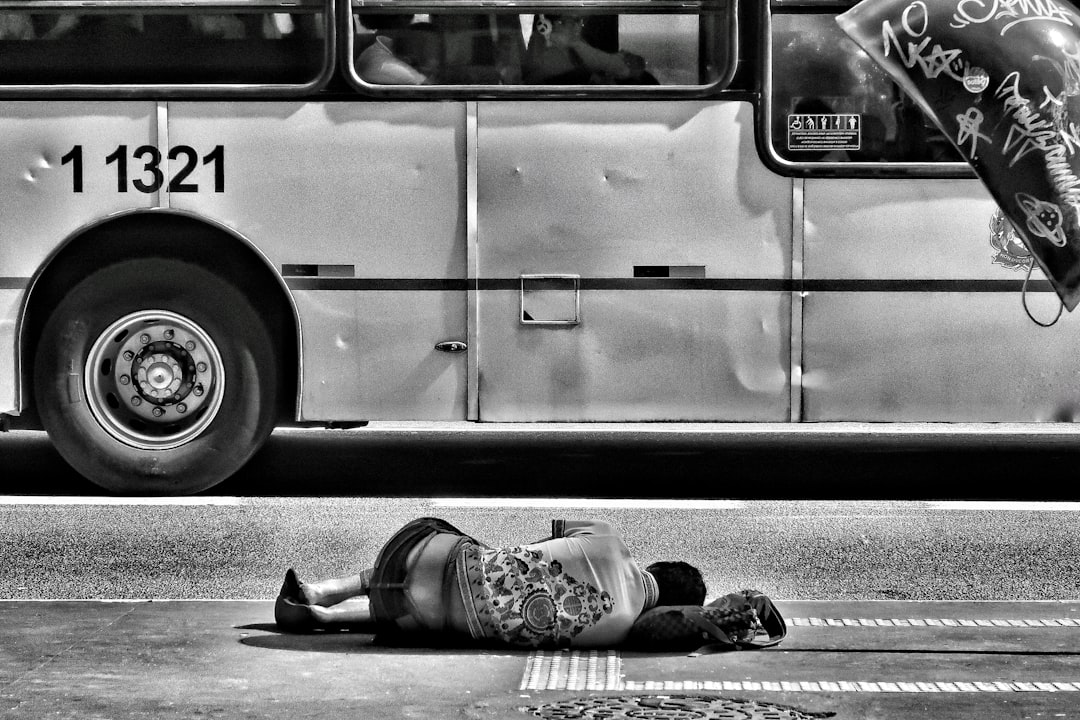A global recession is defined as two consecutive quarters of negative economic growth. While this may seem like something that only happens in developing countries, the truth is that a global recession can have far-reaching effects. In recent years, we have seen a number of signs that a global recession is on the horizon. Here are five of the most significant ones that you can already see coming.
The big techs start making redundancies
It’s not just small businesses that are feeling the pinch of the recession – even the big tech giants are starting to feel the effects. In recent weeks, both Facebook and Google have announced major redundancies, with each company shedding more than 1,000 employees.
While these tech giants are still doing relatively well compared to other sectors, the fact that they’re starting to make redundancies is a sign that the global recession is starting to bite. And with more and more companies announcing job cuts, it’s only a matter of time before the effects are felt by consumers and businesses alike.
Rising interest rates
Interest rates around the world are rising and this is one of the clearest signs that a global recession may be on the horizon. When interest rates rise, it becomes more expensive to borrow money, which can lead to slower economic growth and even recession.
In recent months we’ve seen interest rates rise in the US, Europe and many other parts of the world. This is likely to continue in the coming months as central banks try to stave off inflationary pressures.
If you’re worried about a possible recession, keep an eye on interest rates. They can give you an early indication of whether or not the economy is heading for trouble.
Falling home prices
Falling home prices are one of the most obvious signs that a global recession is underway. Home prices have been falling for several years in many countries, and this is one of the key factors that has caused so much economic hardship.
There are a number of reasons why home prices are falling. One is that there is simply too much housing supply relative to demand. This glut of housing was created during the housing boom of the early 2000s, when construction activity was at an all-time high and people were buying homes at an unprecedented rate.
Now that the bubble has burst, there are more homes on the market than there are buyers, and prices have fallen as a result. Another reason for falling home prices is the fact that many people now owe more on their mortgages than their homes are worth. This “negative equity” situation makes it very difficult for people to sell their homes, even if they need or want to.
The falling home prices we’re seeing around the world are just one sign that the global economy is in trouble. If you’re thinking about buying a home, you may want to wait until things stabilize before doing so.
Declining stock market
There are numerous signs that a global recession is underway. One major sign is the declining stock market. In the past year, major indexes like the Dow Jones Industrial Average and the S&P 500 have lost around 3-4% of their value. This is a significant decline and it signals that investors are worried about the future of the economy.
Another sign of a recession is declining trade activity. Global trade has been slowing down for several months now and this is typically a leading indicator of an economic downturn. When businesses start to cut back on their imports and exports, it signals that they are preparing for tough times ahead.
Lastly, another key indicator of a recession is rising unemployment. When businesses start to lay off workers, it’s a sign that they are cutting costs and preparing for a period of slower growth. We’re already seeing this happen in the United States, with unemployment claims rising in recent weeks.
These are just some of the signs that a global recession is underway. It’s important to keep an eye on these indicators so that you can be prepared for what’s ahead.
Increasing unemployment
There are a number of signs that global recession is happening, and one of the most prominent is increasing unemployment.
In developed countries like the United States, unemployment has been slowly rising for years. But in developing countries, unemployment is skyrocketing as businesses close their doors.
The International Labor Organization estimates that nearly 200 million people worldwide are now unemployed. That’s the highest number since the Great Depression.
And it’s not just adults who are affected. The global youth unemployment rate is now at 13%, which means over 73 million young people are looking for work but can’t find it.
The rise in unemployment is having a ripple effect on the global economy. As people lose their jobs, they have less money to spend on goods and services. This leads to more businesses closing their doors, which then leads to even more job losses.
It’s a vicious cycle that is only getting worse as the recession continues. And it’s one of the clearest signs that the global economy is in trouble.


Comments